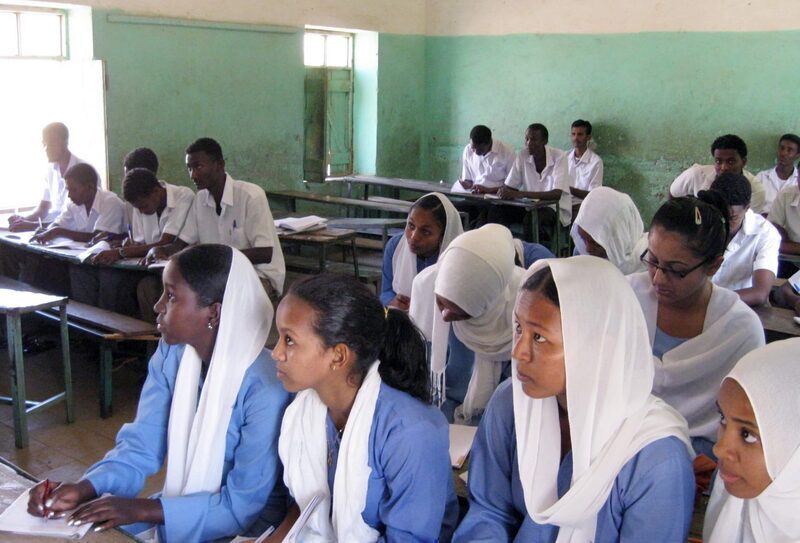
EU adopts new rules to significantly cut packaging waste with re-use targets
The European Union has formally adopted a regulation on packaging and packaging waste. The new ...

The World Bank’s Global Partnership for Education allocated a $10.6 million grant to the Sudan Education COVID-19 Response Project with an aim to support both teachers and students through use of radio, television and student newspapers, and mobilizing teachers to interact with students during social distancing, assessing assignments and reporting the results.
Implemented over 18 months, the project will support all public schools, benefiting 5.4 million students and their parents, as well as 33,000 teachers. The project also enhances Sudan’s National COVID-19 Response Plan, which includes promoting safe learning at home until schools reopen, preparing for schools to reopen safely, conducting exams and facilitating catch-up.
“Sudan had relatively high numbers of school dropouts, and with the COVID-19 pandemic, even more children are at high risk of dropping out, especially girls,” said Adama Coulibaly, World Bank Resident Representative for Sudan. “This project will facilitate girls and vulnerable students return to school in a safe environment with access to improved sanitation.”
Approximately 60,000 households will also get the benefit of resources provided through the project, such as radios and solar power chargers, while all public-school teachers will receive training using distance learning methods. To facilitate the safe transition back-to-school, the project will provide water storage tanks for handwashing and hygiene in nearly 1,650 schools lacking water facilities, benefitting as many as 42,000 students, more than half of them girls.
“This project will use effective means of communications to maintain school activity and more importantly motivate all actors to improve their performance and the overall results,” said Ousmane Dione, World Bank Country Director for Sudan, Ethiopia, South Sudan and Eritrea. “It will help reduce some of the negative effects of the pandemic on education.”
The project also benefits from the close collaboration and cooperation of partners working in education including UNICEF the coordinating agency in Sudan. The World Bank is leading the dialogue with the government on basic education.
Other key partners such as the British Council have developed audio and other supporting materials in English for more effective student-teacher interactions.
The European Union has formally adopted a regulation on packaging and packaging waste. The new ...
Inaugurating the Abydos Solar Power Plant in the Upper Egypt governorate of Aswan represents a ...
Businesses that fail to adapt to climate risks like extreme heat could lose up to ...


اترك تعليقا